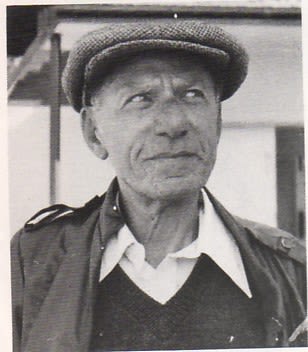COA begins
COA begins
“COA exists to provide a viable option for elderly Jews who, with a little help to overcome the bumps on the road, prefer to avoid entering an institution for the aged.”
Myer Kangan, AO, OBE, 1982.

A Shared Vision
Myer Kangan AO OBE, founder of COA, retired from the Australian public service after a distinguished career. On retiring, he conducted an enquiry into technical education on behalf of the Whitlam Government which led to the establishment of the TAFE colleges.
Myer, himself a retired religious bachelor, believed older people should develop their own system of care. In the early 1980s he became aware of the gaps in services needed by the Jewish elderly which were not being met at that time by the existing Jewish Welfare agency. He envisaged the need for Kosher Meals-on-Wheels and home support services for older people who wished to remain in their own homes with dignity. It seems his idea of self-help, by the ageing, for the ageing in our community, was an idea whose time had come.
He spoke to people interested in developing an organisation to assist people to stay in their homes for as long as practical. These included Dennis Feigen, Frank Schaffer, Eugene Mencel, Hanni Chalmers, Aaron Aaron and Aaron Alexander.
COA’s inaugural meeting was held at Moriah College, and at that meeting the group identified the following primary objectives:
– To give aid and relief to Jewish aged in their own homes.
– To help the aged by arranging home support services such as cleaning help, handyman services and Kosher Meals-on-Wheels
– To provide the services free to those Jewish aged who may be in difficult financial circumstances, and at subsidised rates to all recipients for the majority of services offered.
– The Centre should not knowingly duplicate activities of existing Jewish or non-Jewish bodies unless people are unable to get access to those existing services.
The first COA constitution was formulated and obtained tax deductable status. COA’s core members became our first Management Committee. All policy decisions were and still are reached by consensus.
